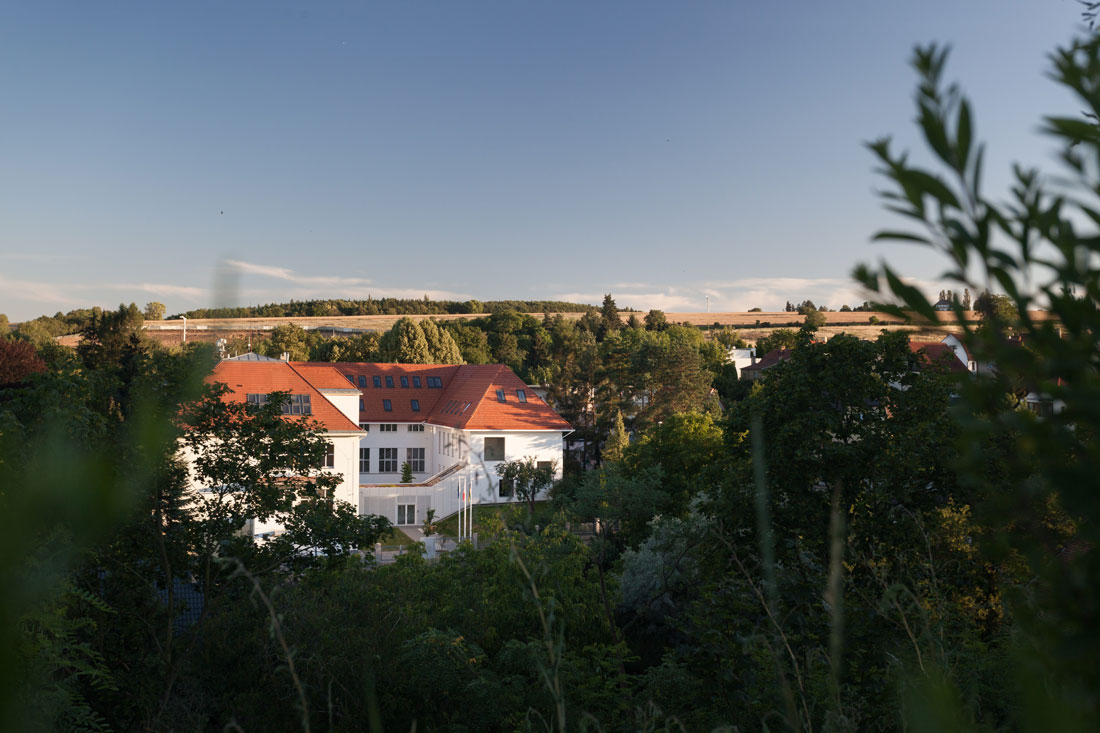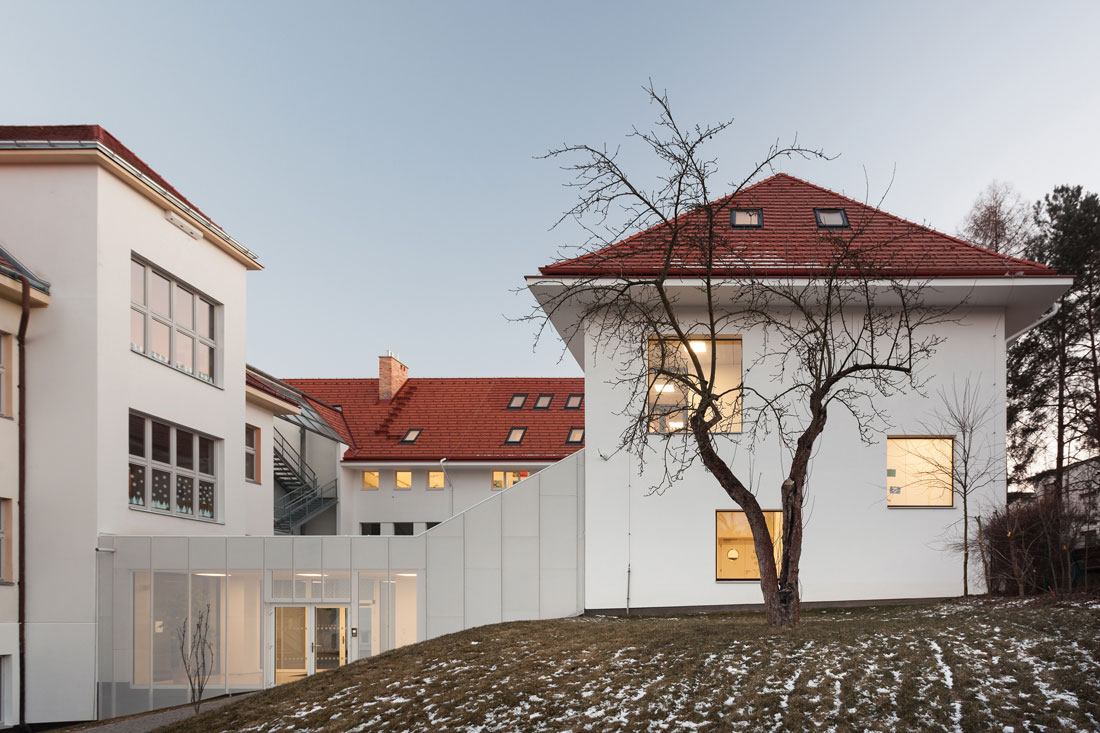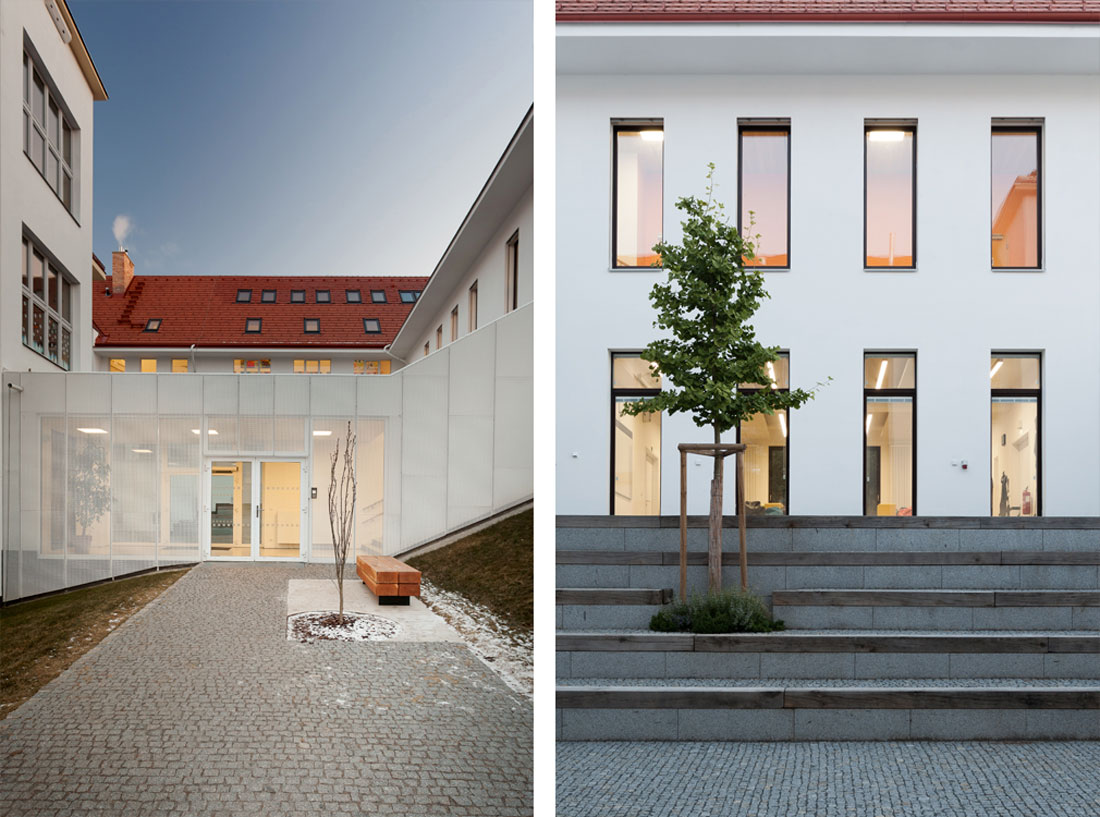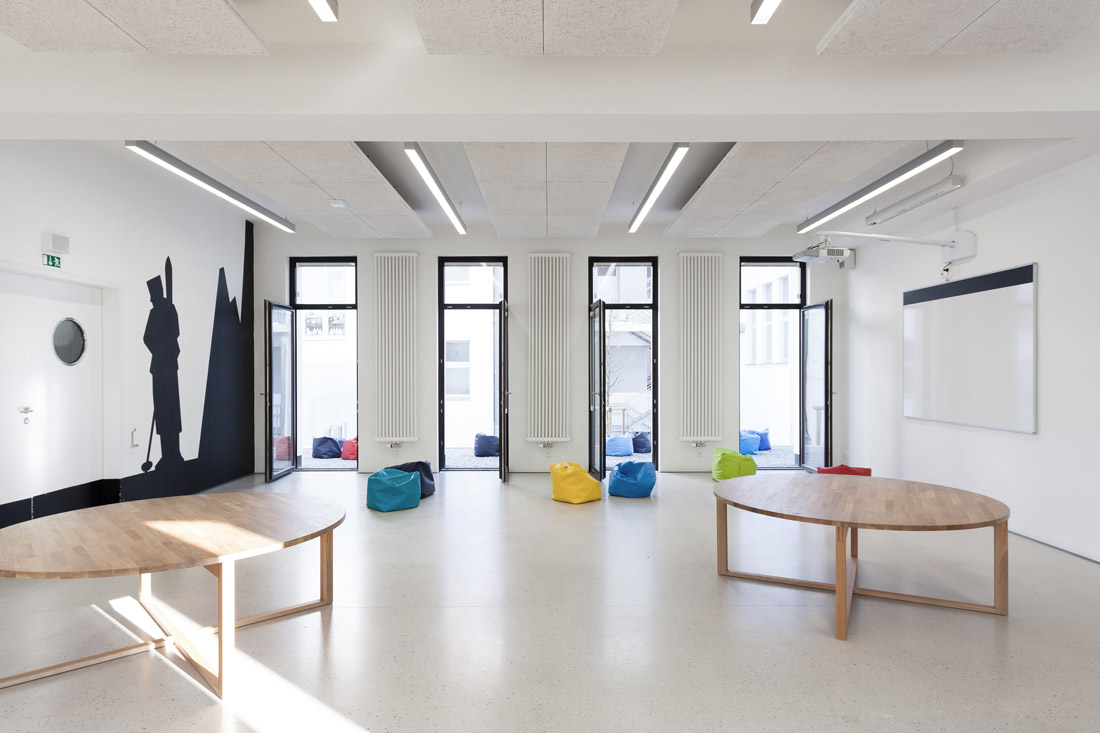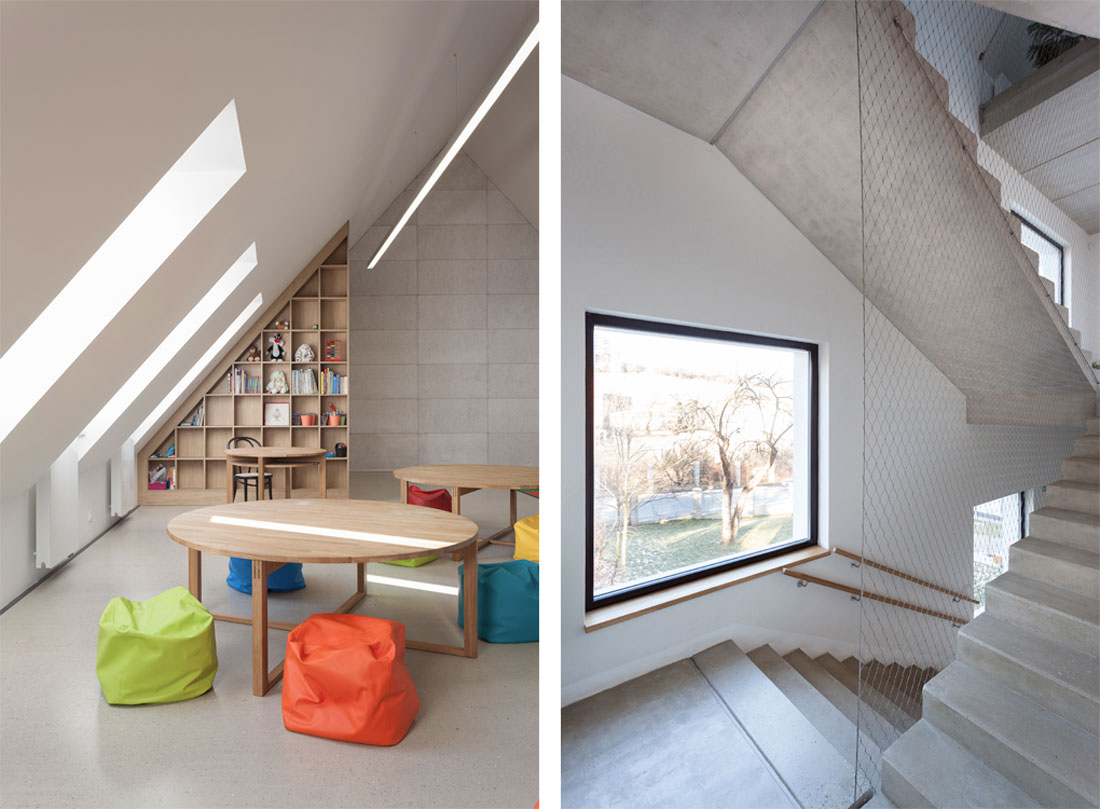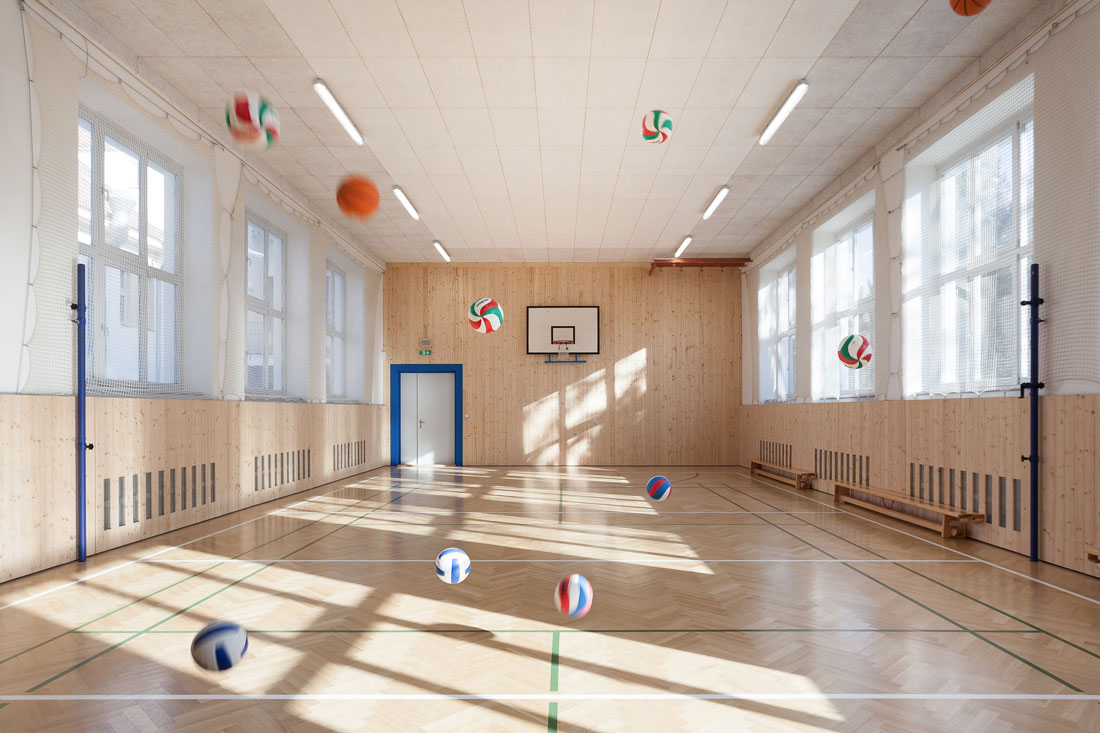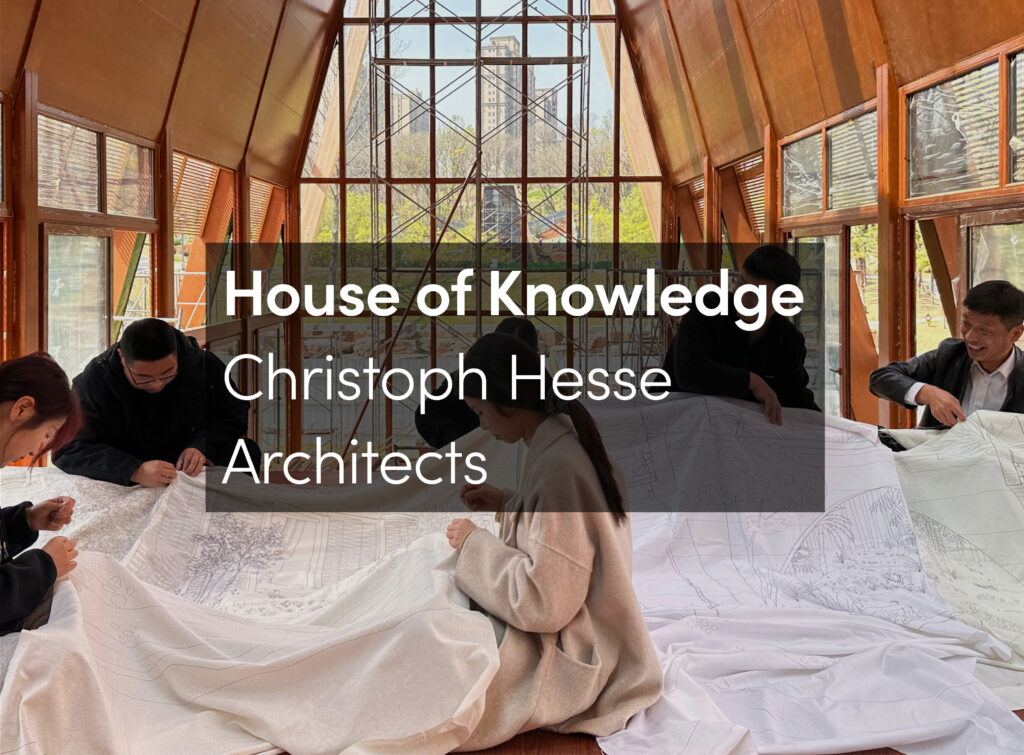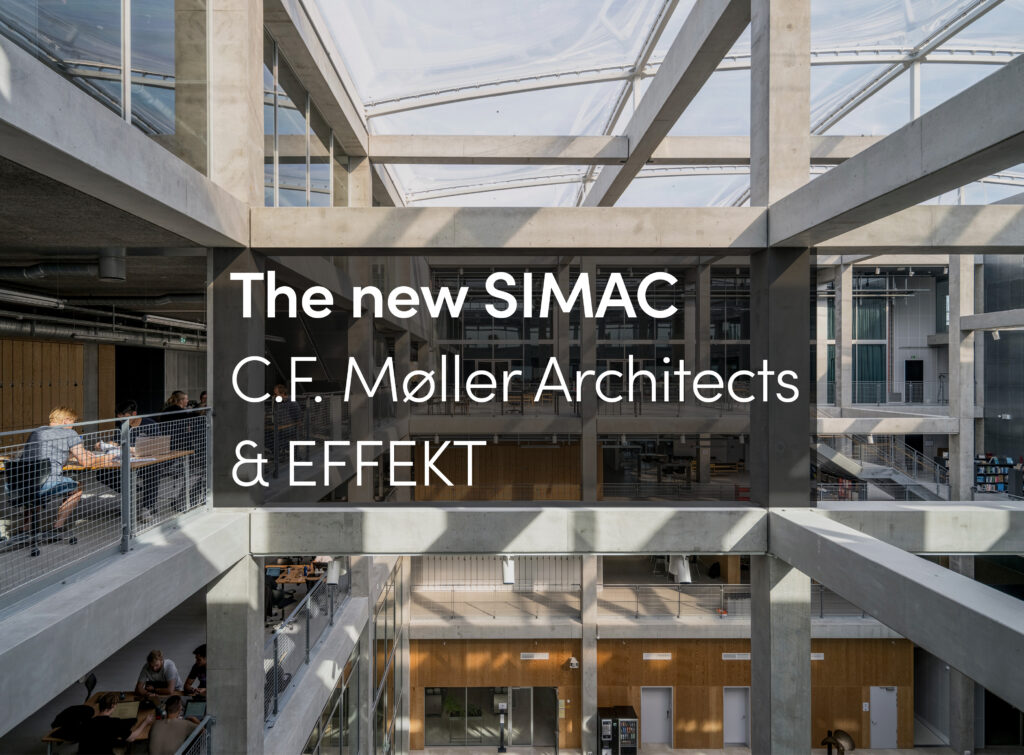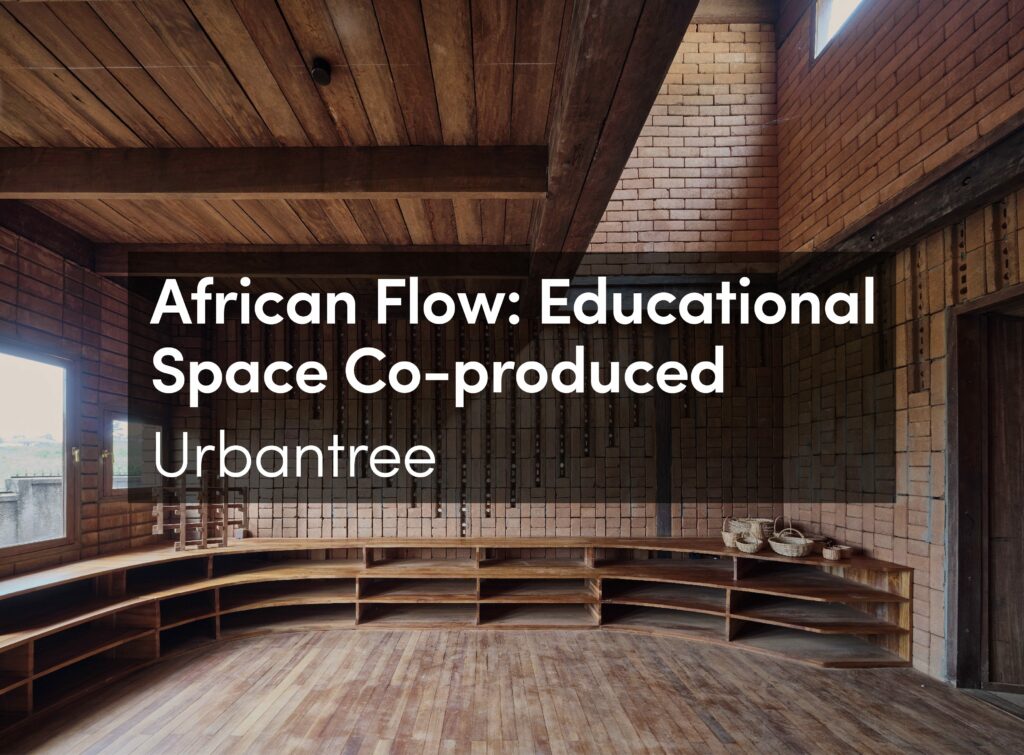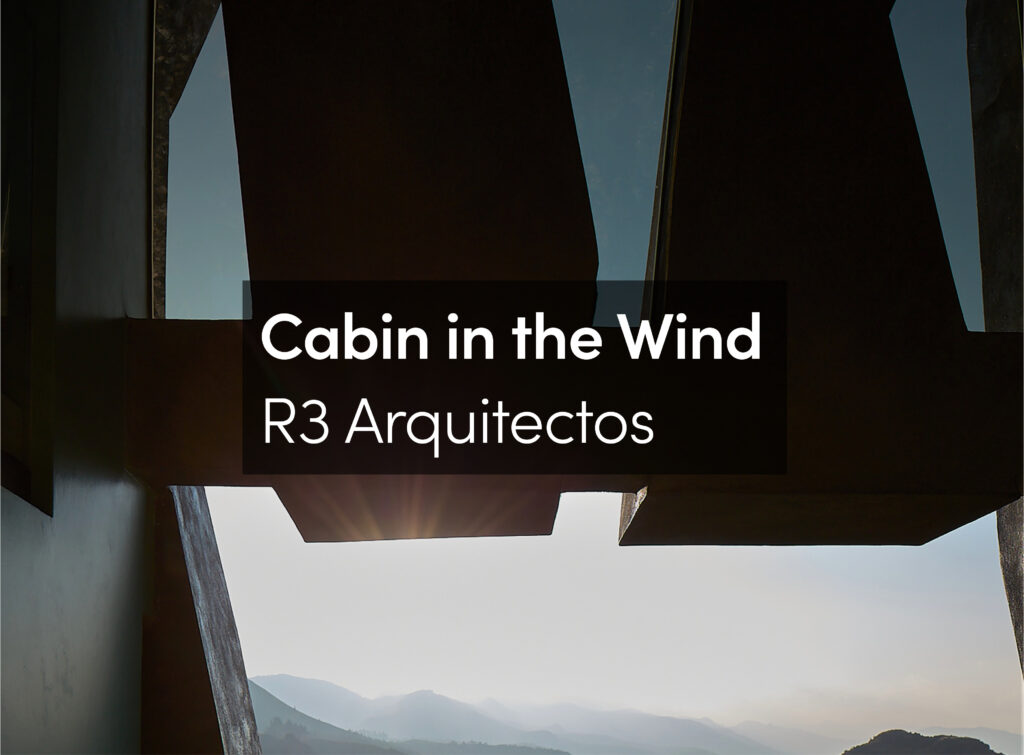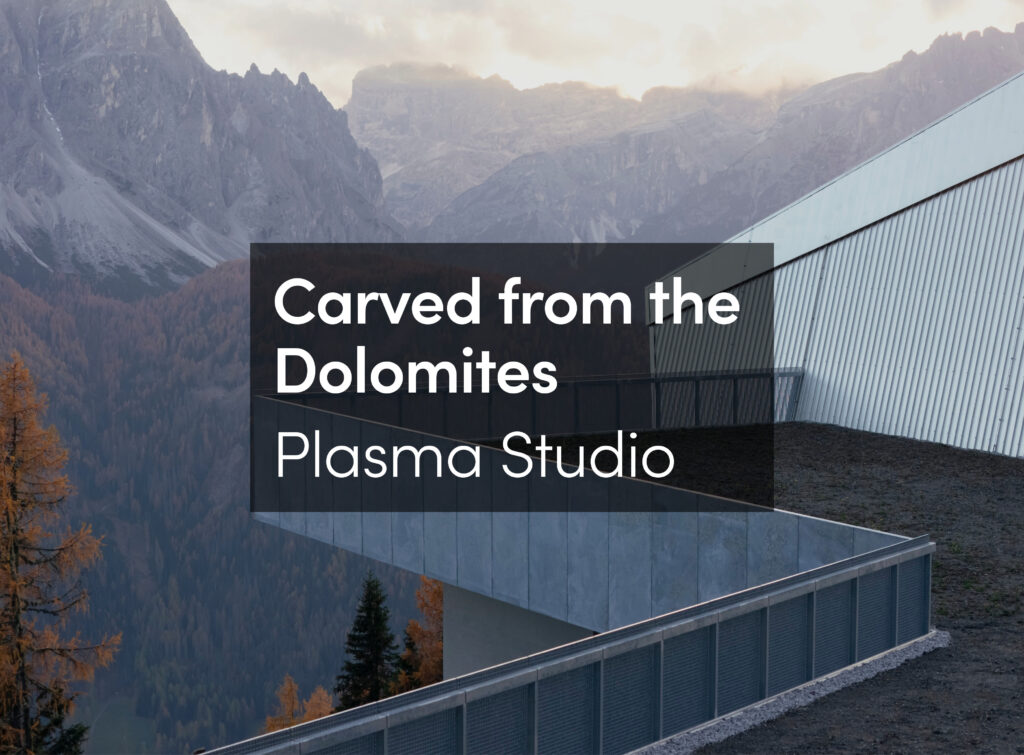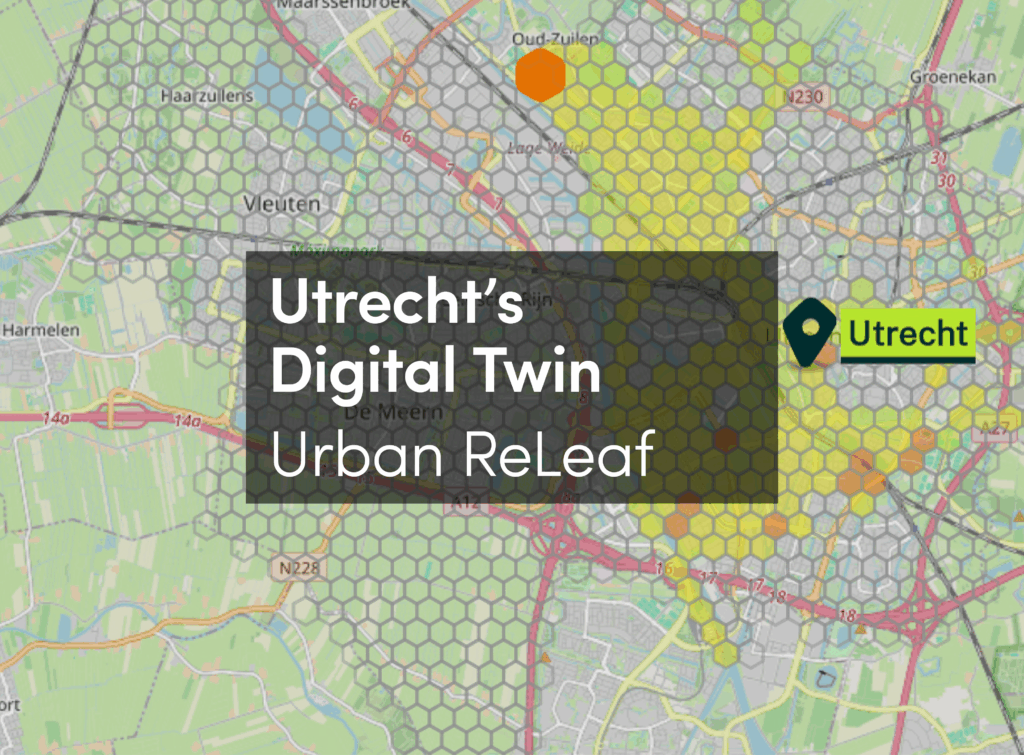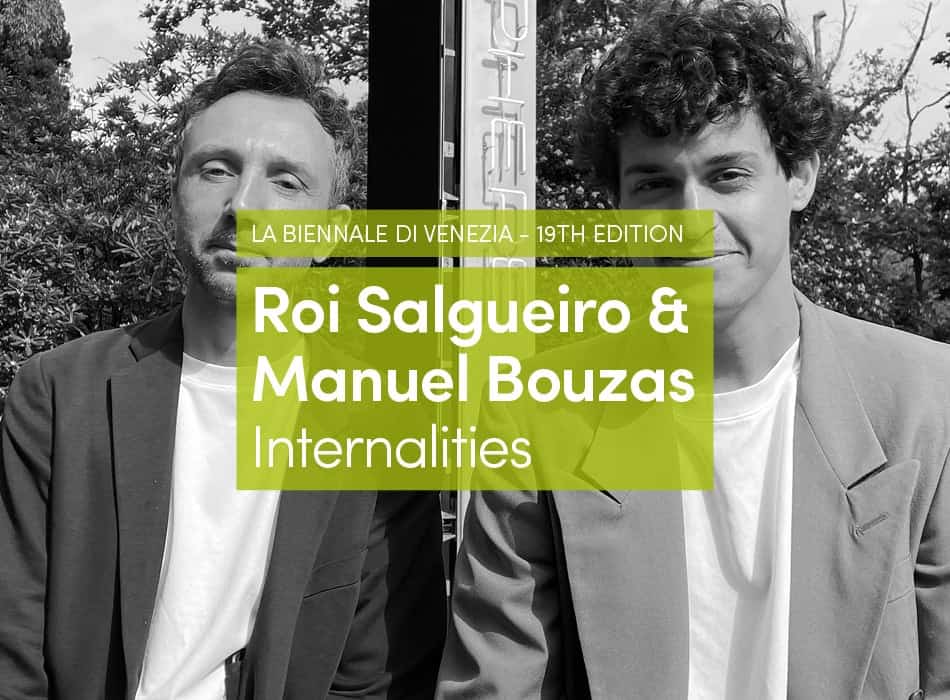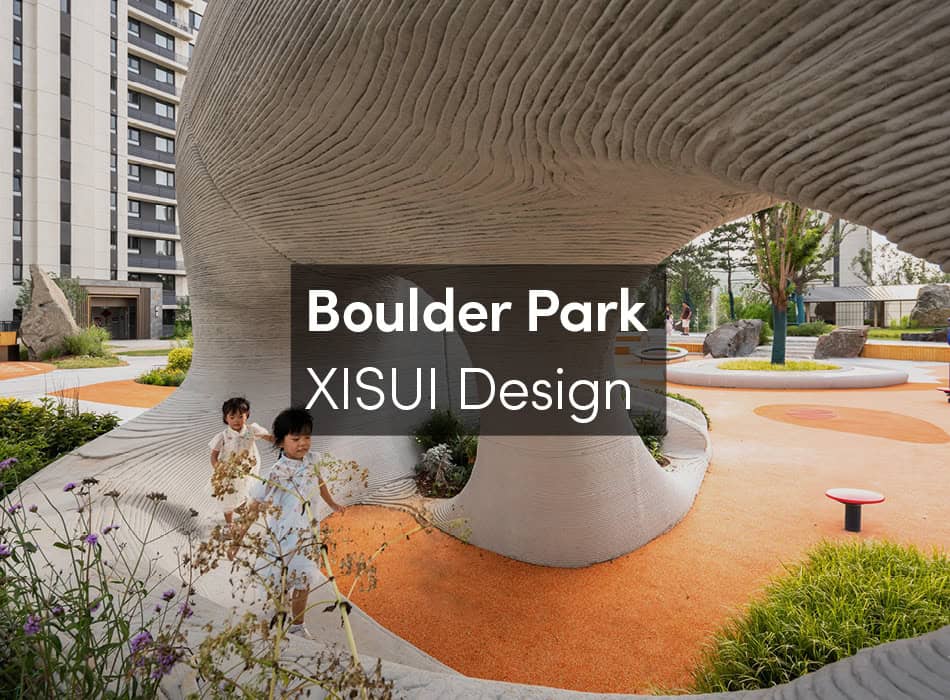The original building of the elementary school was completed in 1934, according to the design by the architects V. Vondrášek and J.Kubín. Over the course of its existence, the building has gone through several modifications, of varying technical and architectural quality.
In recent years, several architectural studies have been carried out to address the lack of capacity for new students, in addition to functional collisions and the poor technical condition of some parts of the building. The proposals have all been based on adding volume into the school’s garden. After a thorough analysis, we decided to use a different approach.
We think it is only right for the project to address the problematic spots that were created by previous insensitive interventions along with the new functional demands. Therefore, we do not take on the poorly designed parts of the building, nor do we add any other appendix; rather, we work in dialogue with the historical building.
Our design, an unostentatious extension in the exterior, creates modern, interesting interiors full of light.
We propose a new extension above the existing gym. Large-span steel frames form double-height attic spaces for art, chemistry and physics classrooms and after-school activities. Specialized classrooms are generously stretched to the seven-and-a-half-meter-high rooftop. A pleasant study environment is generated, with daylight coming from two directions and acoustic paneling made of wood-fiber boards. The space of lesser quality on the ground floor of the historical building is used to place the main locker room for 300 students. The dominant feature of the locker room is a one-ton oak tree trunk, which serves as a bench.
The largest 75 m2 classroom of the school club is located on the ground floor and is connected to the paved area of the inner atrium with an amphitheater. This courtyard serves as a multi-functional space for various school and after-school activities (seminars, workshops, meetings etc.). All classrooms are accessorized with original graphics using motifs related to the popular fictional Czech polymath, Jára Cimrman, after whom the school was named.
The enclosed atrium with a solitary tree in the middle freely paraphrases the archetype of a monastery courtyard. Its atmosphere is complemented by the use of natural materials: cobblestone paving (the traditional Prague mosaic) and massive oak beams used on the edges of the steps. Outfitted with a projector, the atrium is used as a summer cinema as well.
The independent operation of the after-school club is permitted through a newly added volume of staircase and utilities. The stainless steel cobweb stretched in between the flights of a staircase across all floors serves as a railing and also as a gallery for student artwork. The new school extension is connected to the existing circulation system, as well as to the newly designed barrier-free entrance in the northern part, which allows the school and the after-school club to be run separately. The connecting bridge between the old and the new part of the school is covered with a semi-transparent, fog-like white perforated steel façade.
Through the concept of building above an existing floor plan, we minimize interventions in the school garden, which allows us to create a broad new entrance area. The materials used for the entrance are granite, concrete and wooden elements, combined with plants. The school garden is protected by a fence made of zinc steel. Carefully designed spacing between the fence lamellas gives passing pedestrians changing views of the school building and garden.





